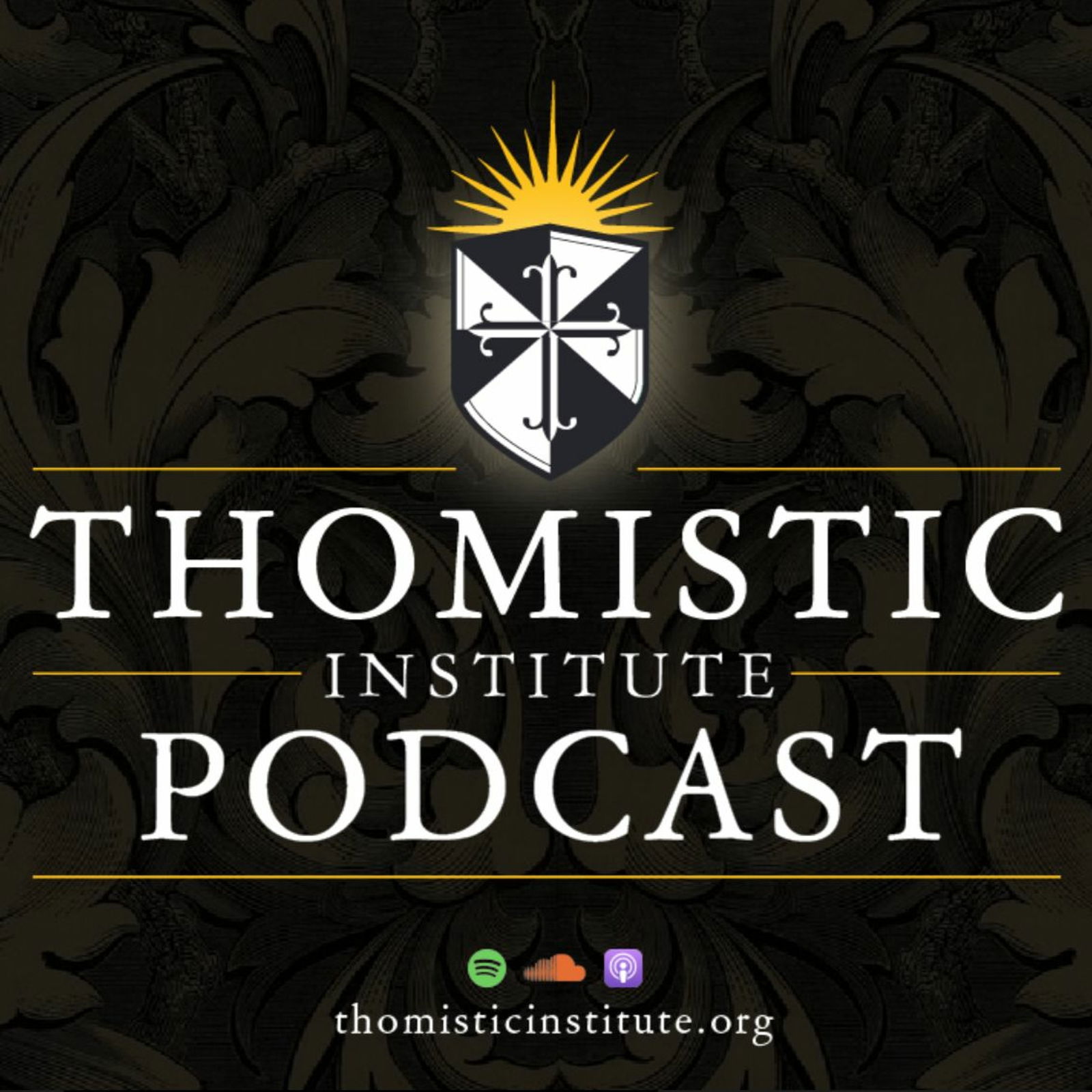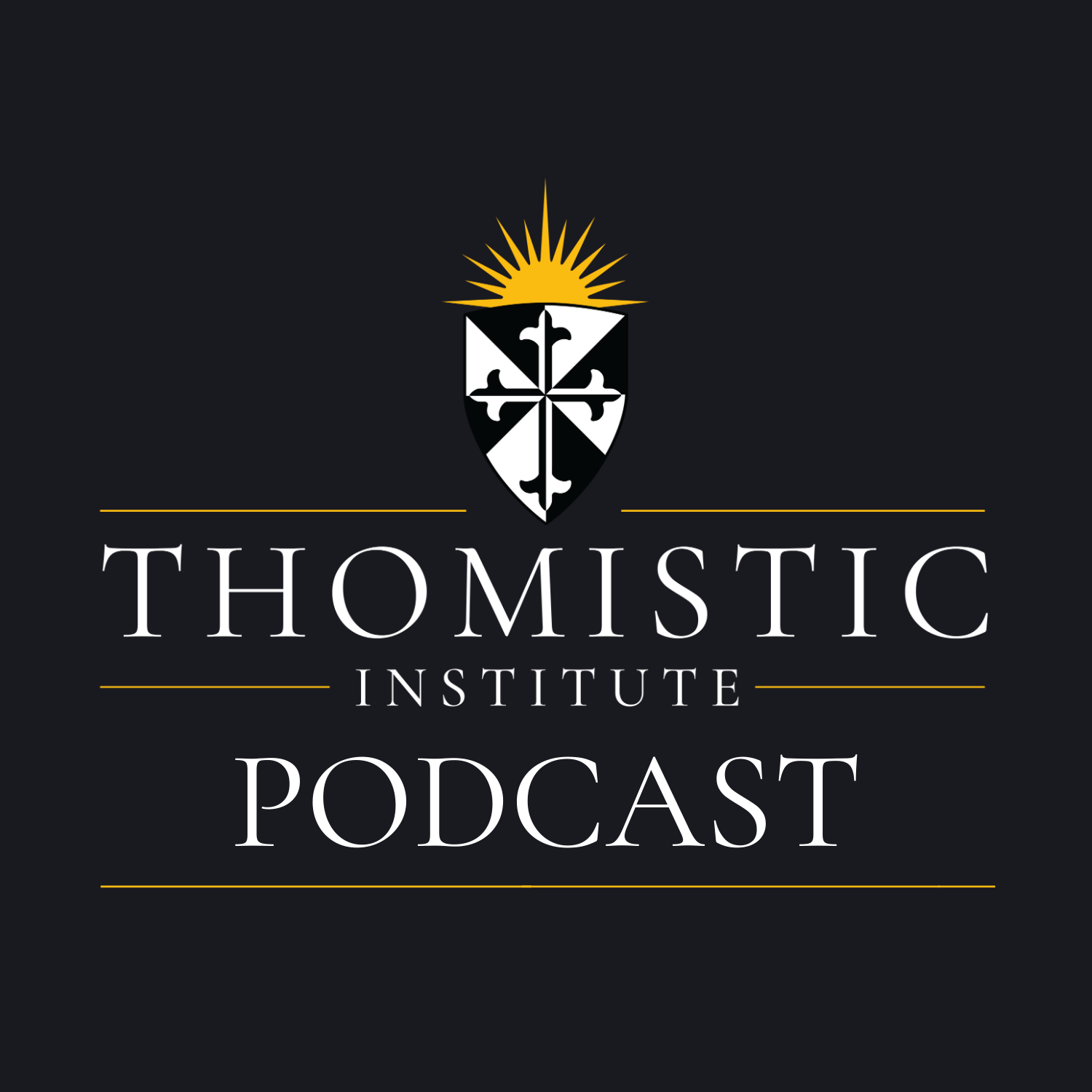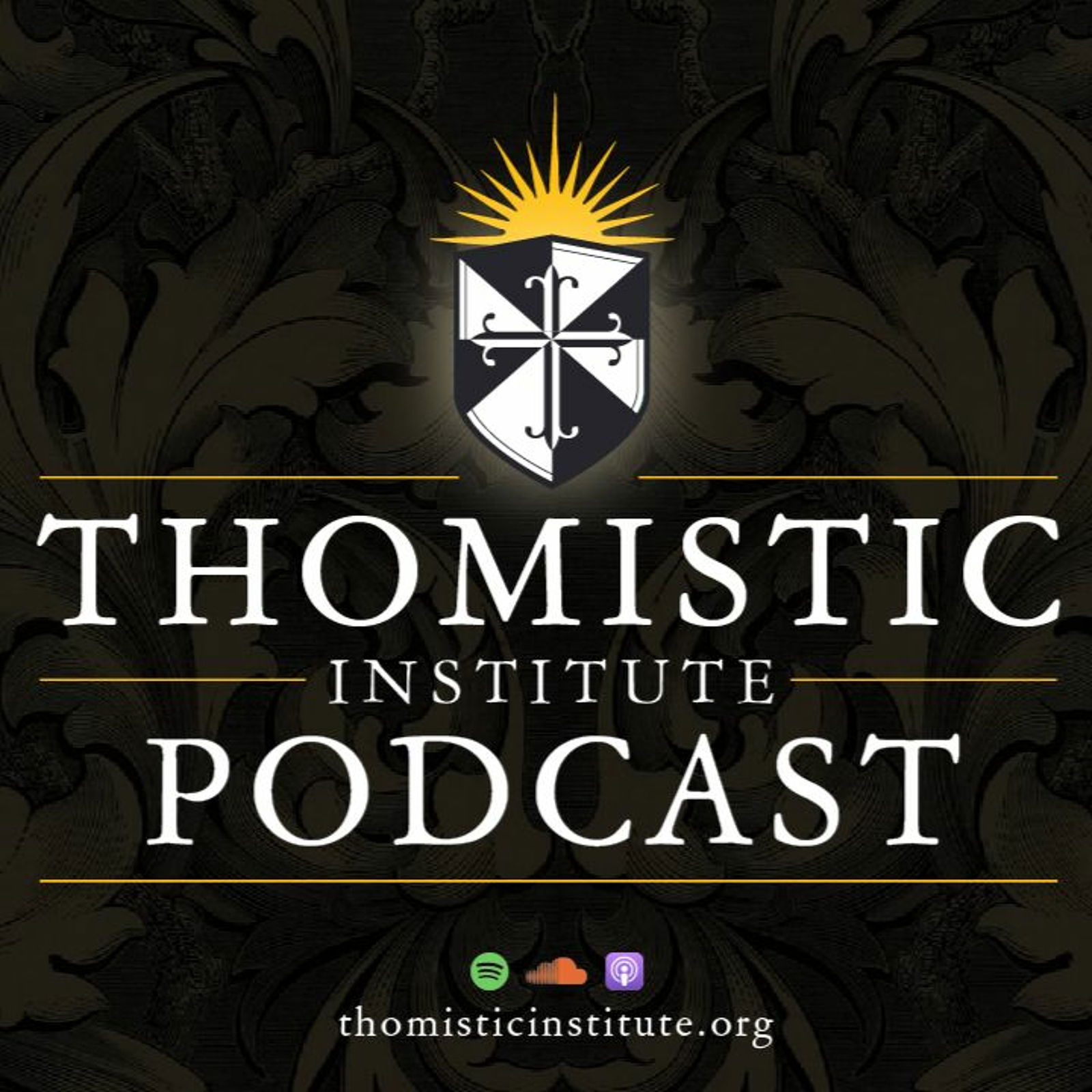The Phenomenon of Life and Its Origin | Fr. Mariusz Tabaczek, O.P.

This lecture was given on October 15, 2022 as part of the Fall Thomistic Circles conference, "Life in the Cosmos: Contemporary Science, Philosophy, and Theology on the Origin and Persistence of Life on Earth(and Beyond?)."
The two-day conference a...
This lecture was given on October 15, 2022 as part of the Fall Thomistic Circles conference, "Life in the Cosmos: Contemporary Science, Philosophy, and Theology on the Origin and Persistence of Life on Earth(and Beyond?)."The two-day conference at the Dominican House of Studies in Washington, D.C. featured a stellar, cross-disciplinary lineup of speakers: scientists Jonathan Lunine (Cornell University) and Maureen Condic (University of Utah), philosopher Christopher Frey (University of South Carolina), and theologian Fr. Mauriusz Tabaczek, O.P. (Angelicum). This conference is part of the Thomistic Institute’s Scientia Project.For more information on upcoming events, visit thomisticinstitute.orgAbout the speaker:Fr. Mariusz Tabaczek, O.P. is a Polish Dominican and theologian. He holds a Ph.D. in philosophical theology from the Graduate Theological Union in Berkeley, CA and a Church Licentiate from the Adam Mickiewicz University in Poznan, Poland. After his studies at the GTU and a fellowship at the Notre Dame Institute for Advanced Studies, he returned to Poland. For three years he worked as a researcher at the Thomistic Institute in Warsaw, a lecturer at the Pontifical Faculty of Theology in Warsaw and the Dominican School of Philosophy and Theology in Krakow, and a director of the Studium Dominicanum in Warsaw. He then moved to Rome where he serves as a professor of theology at the Angelicum and a researcher for the Thomistic Institute Angelicum.He is interested in the science-theology dialogue, especially in the issues concerning science and creation theology, divine action, and evolutionary theory. His research also goes to other subjects related to systematic, fundamental, and natural theology, philosophy of nature, philosophy of science (philosophy of biology, in particular), philosophy of causation, and metaphysics. His works address a whole range of topics, including: the notion of species, metaphysics of evolutionary transitions, concurrence of divine and natural causes in evolutionary transitions, definition and role of chance and teleology in evolution, classical and new hylomorphism, classical and contemporary (analytical) concepts of causation, emergence, science-oriented panentheism and its critique, and various aspects of divine action in the universe. He published a number of articles on metaphysics and the issues concerning the relation between theology and science in Zygon, Theology and Science, Scientia et Fides, Nova et Vetera, Forum Philosophicum, American Catholic Philosophical Quarterly, Sophia, and Polish Annals of Philosophy. He coauthored two chapters in the second edition of Science and Religion: A Historical Introduction (ed. by Gary Ferngren) and has written the entry on “Emergence” for the PalgraveEncyclopedia of the Possible. He is also the author of two monographs. The first, entitled Emergence: Towards A New Metaphysics and Philosophy of Science, was published in 2019 and was announced as one of the best metaphysics books to read in 2019 by Bookauthority. The second book, Divine Action and Emergence: An Alternative to Panentheism (published in 2021), offers a critical analysis of the theory of divine action based on the notion of emergent phenomena and provides a constructive proposal of a theological reinterpretation of divine action in emergence from the point of view of the Aristotelian-Thomistic tradition of philosophy and theology.











